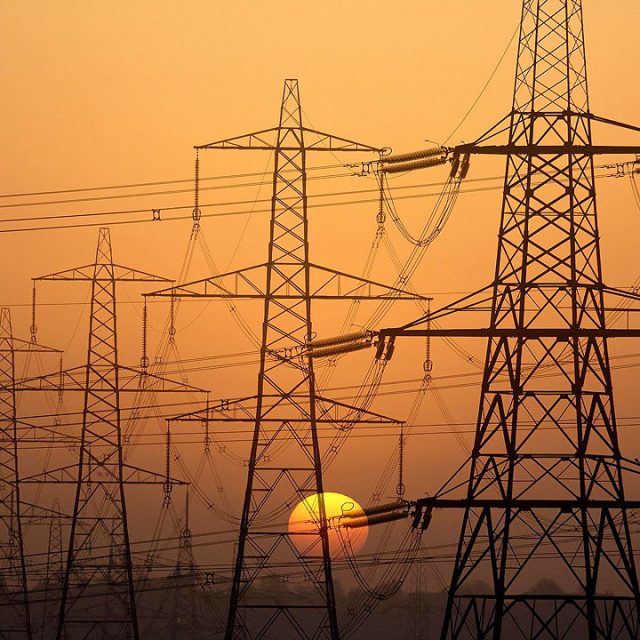THE ENERGY Regulatory Commission (ERC) said 28 of 35 entities holding “non-firm” contracts with the grid operator to provide reserve power are willing to convert their agreements into firm contracts.
The commission has said before that the system operator, the National Grid Corp. of the Philippines (NGCP), is re-negotiating non-firm ancillary service (AS) procurement agreements (ASPAs) with 35 entities, and is seeking their conversion to firm contracts.
“Of the 35, 28 have already manifested their intent to be converted. (After expressing their willingness), they may file jointly with NGCP for its approval,” ERC Commissioner-in-Charge Floresinda G. Baldo-Digal told BusinessWorld on Viber last week.
However, the ERC has yet to receive a joint application requesting the commission’s approval for ASPA conversion, she added.
“Under the law, we can give provisional authority to implement the contract for a firm AS within 75 days from filing then decide a year after,” Ms. Digal said.
Five months ago, the Department of Energy (DoE) flagged the NGCP for not fully entering into firm contracts to purchase reserve power, making it non-compliant with a previous department circular.
The Luzon grid’s required capacity for regulating, contingency and dispatchable reserves is 491 megawatts (MW), 647 MW, and 647 MW, respectively.
The DoE estimates that the Luzon grid’s regulating, contingency and dispatchable reserves from non-firm contracts are at 525 MW, 395 MW and 806 MW, respectively, as of the fourth quarter of 2020.
Under non-firm ASPAs, the AS provider decides when it will provide services even if these had been previously scheduled by the NGCP, an arrangement which compromises grid reliability, the Department of Energy (DoE) said in April.
According to a DoE department circular released two years ago, the NGCP is required to procure 100% of firm-contracted reserves to guarantee the grid’s reliability.
In June, NGCP President and Chief Executive Officer Anthony L. Almeda said in a statement that procuring reserves through firm or non-firm deals will not solve the recurring power interruptions.
He said the full contracting of AS will “only lead to a change in payment terms where all the power, used or unused, will be shouldered by the public.”



